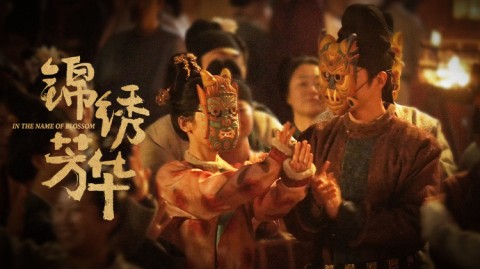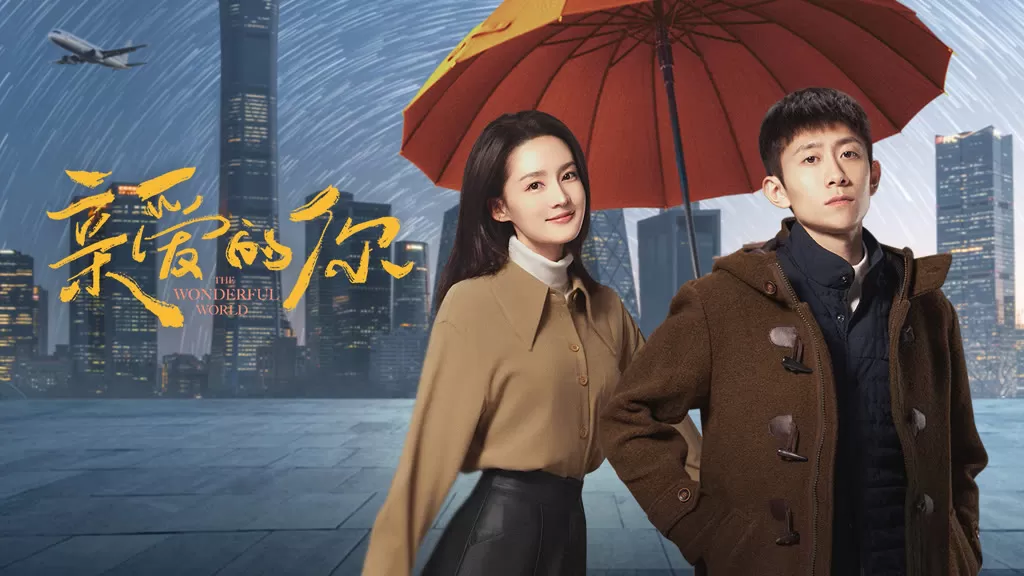Episode Summary
In this episode, He Weifang uncovers the heartbreaking truth behind her mother's death. She learns that it was her father's greed and lies, not her mother's cruelty, that led to the tragedy. This revelation causes her to forgive Wu Hong, the man who poisoned her mother, and confront her own past traumas. The episode ends with He Weifang deciding to close her business to re-evaluate her life's purpose.

Spoiler Alert
In the Name of Blossom: Episode 13 Spoilers
He Weifang finally tracked down Wu Hong, the man who poisoned her mother, only to be stopped from taking her revenge by a surprising intervention from Jiang Changyang. This leaves her utterly bewildered; she thought she understood Jiang Changyang, yet his actions make no sense. Why would he protect a man like Wu Hong, who has spent decades hiding in an orphanage? She recalls that when she confronted Wu Hong, he seemed to have more to say, but Jiang Changyang silently warned him to stop. There is clearly more to this story.
Her maid, Da Fu, returns with information about Wu Hong's past. He arrived in the area over a decade ago, seemingly without any family, and has never left the orphanage. A crucial clue emerges when Da Fu discovers that one of the children Wu Hong adopted, a boy named A'kang, was brought from He Weifang's own hometown. Believing he holds the key, He Weifang goes to find him.
A'kang's reaction is hostile; he throws stones at her. Once subdued, he tearfully recounts the story of a terrible plague that struck their hometown years ago. A critical ingredient for the cure, peony bark ("Mudanpi"), was nearly impossible to find due to price gouging. Desperate townspeople knelt outside the He family pharmacy, begging for the medicine, but their pleas were ignored, and some died right at the doorstep. A'kang insists that while the pharmacy claimed to be out of stock, he personally saw medicine packs, marked with an auspicious cloud ("xiangyun"), being loaded onto a private carriage.
The story stuns He Weifang. She remembers her mother cultivating a special type of peony that was a rare and powerful ingredient for treating plagues. Having grown up believing in her mother's kindness, she is certain her mother would never have refused to save lives and realizes there must be a deeper secret.
Since her father managed the pharmacy while her mother tended to the peonies, He Weifang returns to her family home to demand the truth. Her stepmother greets her with panic, and her father, cornered, finally confesses what truly happened.
During the plague, wealthy and powerful officials began hoarding medicine. Afraid to offend them and desperate to keep his business afloat, He Weifang's father sold his entire stock of the cure to these officials. He then lied to his wife, claiming he had distributed the medicine to the suffering townspeople for free.
Meanwhile, Wu Hong, having lost his entire family to the plague, was consumed by grief. Believing the He family was responsible, he snuck into their home and poisoned the mother's tea. It was only after she collapsed, shocked by his story and the revelation of her husband's deceit, that Wu Hong realized he had poisoned an innocent woman. In her final moments, He Weifang's mother did not call the authorities. Instead, she endured the immense pain, gave Wu Hong the last of the medicinal herbs she had, went to her garden, watered her beloved peonies one last time, and then set the entire nursery ablaze.
Wu Hong gave the medicine to the sick child, A'kang. That same night, wracked with guilt, Wu Hong attempted to hang himself. It was Jiang Changyang who found and saved him, convincing A'kang to accept Wu Hong as his father. This new purpose gave Wu Hong a reason to live and atone for his actions.
With the full, tragic story revealed, He Weifang abandons her quest for revenge. As she leaves, her father lectures her on a woman's duty to her husband's family, triggering painful memories of when she fled her abusive first marriage to the Liu family. She had sought refuge at home, only to overhear her father telling the Lius to send her back immediately if they found her. His words prove that even now, he believes that women, like her and her mother, are helpless without men to rely on.
Returning to her business, the Blossom Garden, He Weifang is deeply unsettled. The truth of her mother's death forces her to question the very meaning of being a merchant. She decides to temporarily close her garden to reflect and reconsider her path forward.

